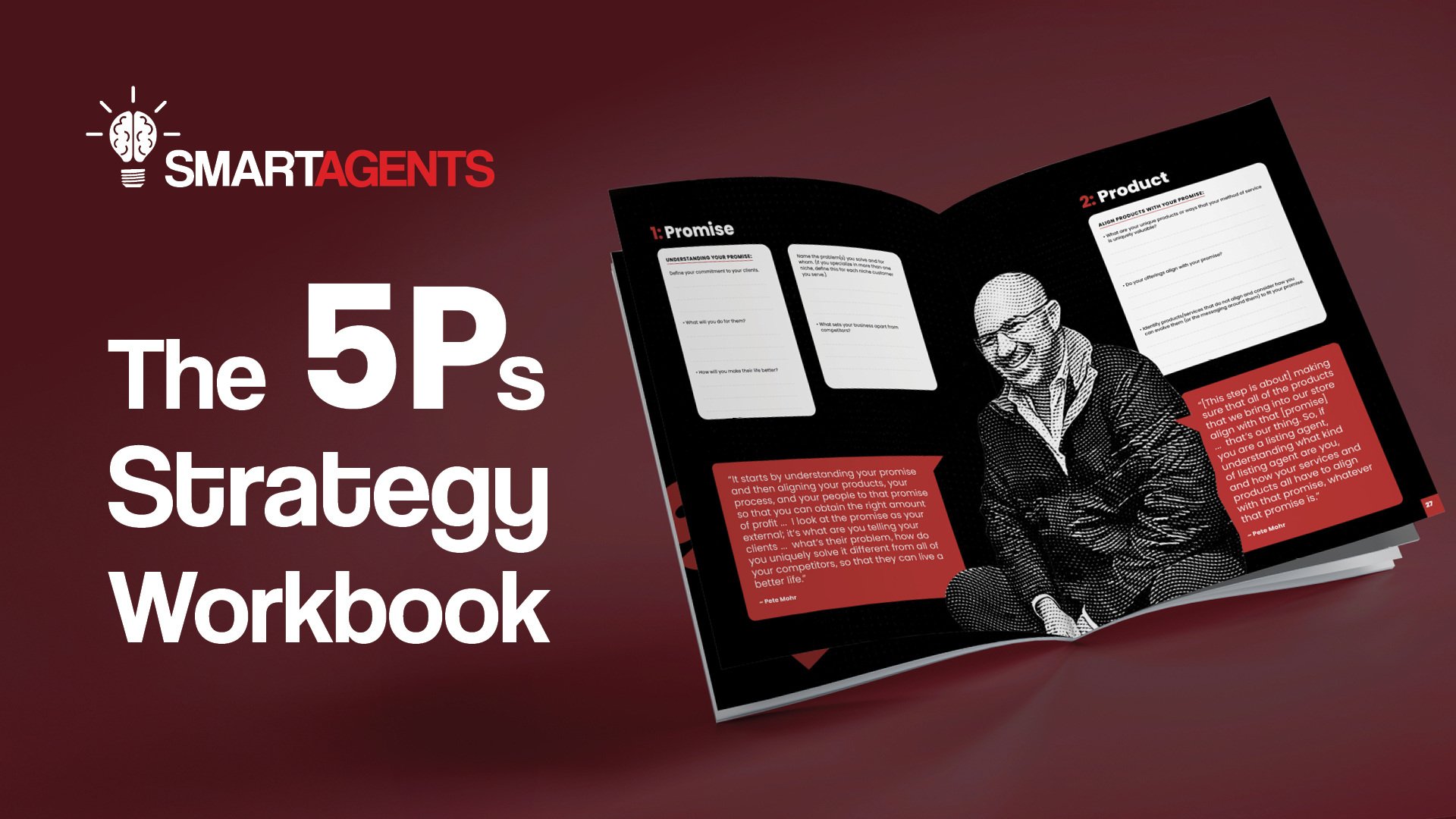Today, there are 2.1 million more vacant homes in the United States than in 2005.
According to this Lincoln Institute of Land Policy report, the number of vacant homes continues to grow.
Not only is this niche growing, but it's facing less competition.
These homes aren't like typical expired listings, with hundreds of agents calling the owner — or a FSBO, who faces the same problem.
With the right moves, these owners will easily see the benefits of selling. Most of the time, these houses are weighing them down.
Convincing owners of the benefit of selling is not as difficult as it seems. Most vacant owners are burdened with the home and don’t realize how easily it could sell in the right market with the right agent.
In the third quarter of 2017, there were 17.6 million vacant homes in the country. In the fourth quarter, that number was 16.7 million.
That’s almost 1 million vacant homes off the market. That’s how big this niche is.
Not all of these homes sold, but the majority did. Many of these homes are being rented or used as a secondary residence. If you can convince the owner that selling with you is easier than dealing with the house, then you’ll score the listing.
That number isn't counting the number of homes rented out by an out-of-state owner. Managing a rental property is tough, a lot tougher than most people think. You can count these as vacant houses or leads, as well, since the owner doesn’t live there.
You could be the one agent who finds these owners first and convinces them not to rent.
The other vacant owners who simply don’t live there just need to be shown the monetary and time advantages of selling.
Your first step is finding vacant leads.
There are a number of ways to go about this. First, you can try your local tax collectors website. Look up recent estates and google their addresses to find out if the homes are listed with an agent. This way is tricky, since most of these homes are inherited.
You can purchase vacant home leads from an online source. If you search this on Google, there are a variety of options to choose from.
Online leads in bulk like this aren’t the most reliable, but once you get the list of leads, go through each one and see if the home is vacant by contacting the owner or driving past it.
The third option is the most foolproof. Simply drive around and find vacant homes. There’s almost guaranteed to be some near you and in your city.
Take down the addresses that are vacant (it’s easy to tell in person) and research them on public records websites. Then, pursue the owners.
Direct mail is the best option here.
Cold-calling or stopping by the owner’s primary house can work. However, with direct mail, you can send them relevant material without being invasive. Sending a pre-listing presentation that builds trust is a great way to go.
Many of these owners are out of state.
If that's the case, you’ll have to go an extra step to prove yourself to them.
When you pursue someone in-town, it's easier to meet them or give them relevant material. So your first letter or email needs to prove your worth.
Take a picture of the vacant home and put together a mini-listing for them. Have the picture visible on the outside of the envelope, as well.
If the house is in poor condition, title the picture, “Have you seen your home lately?”
The out-of-state owner will open this letter every time. Usually, the owner is already worried about the house just sitting there and wasting money. Or, they are tired of dealing with tenants and/or a rental company.
This is a great way to get their attention. Along with the listing preview, include other information about your career and history.
Then, add some current local market research and estimates of what their home could sell for. This proves you can navigate your area in real estate. Follow up with calls or emails within 5-8 days to see if they are interested.
For in-town or out-of-state owners, your goal is to show them how much easier life could be without the burden of a second home.
Pointing out the potential problems of the house will help you do this. The biggest issue is sunken costs. They are paying property taxes and potential repairs. Illustrate to them how selling now will save them in the long run.
Doing so, along with seeing their sample listing, will help owners envision listing and selling with you.
If they want to meet in town and go through the house with you, you can consider the listing basically won. If not, keep selling them on the turnaround you can do to the home's curb appeal and staging.
Vacant homes that are properly staged sell so much more quickly than empty ones — so convince them to do this, as well.
For rental properties, focus on the problems that can (and usually do) go wrong with having tenants. Damages, breaking leases, not paying rent on time and so many other things can (and do) go wrong with tenants. When people don’t own a home, they don’t care about it.
An owner who rents may not even make as much as they think on the home. List out all of their expenses. Mortgage, insurance, HOA fees, taxes, commissions (if an agent finds the tenants), advertising and management fees (if applicable) all add up. Home insurance usually goes up. Taxes in most places don’t go down.
Compare those costs to your fee, added to the researched market price. This will illustrate how much less they'd have to deal with if they simply sold. Being able to walk away after the sale and live tenant free should be enough to convince owners to sell.
But if they need a little more convincing, we have a book that focuses exclusively on vacant properties — how to market them and get them ready for sale — that you can hand out as your own.
In fact, as a MyBooks member, you get the license to use 14 real estate books as your own, plus so much more. I'm willing to bet most of the agents going after vacant homes won't come to the table as a published author.
![]() Joe Nickelson is a real estate professional dedicated to helping home buyers and sellers achieve their dreams of owning property, and helping real estate agents stop using the sometimes-vicious tactics that weigh on their consciences. He believes that the Smart Agents books will, quite literally, change people’s lives for the better. Check out his full bio here!
Joe Nickelson is a real estate professional dedicated to helping home buyers and sellers achieve their dreams of owning property, and helping real estate agents stop using the sometimes-vicious tactics that weigh on their consciences. He believes that the Smart Agents books will, quite literally, change people’s lives for the better. Check out his full bio here!





